Dengue fever is a global health concern, with over 400 million people infected annually, according to the World Health Organization (WHO). It’s especially prevalent in tropical and subtropical regions. Early diagnosis is crucial for effective treatment, and the Dengue NS1 Antigen test plays a key role in detecting the virus in the early stages. If you or someone you know is experiencing symptoms, knowing how this test works can make all the difference in seeking timely care.
In this blog, we’ll explore 6 key facts about the Dengue NS1 Antigen test, explain “Dengue NS1 Antigen positive means”, and provide helpful information like how to find a dengue test near me. We’ll also look at the importance of early detection and how NS1 positive results in dengue can guide treatment.
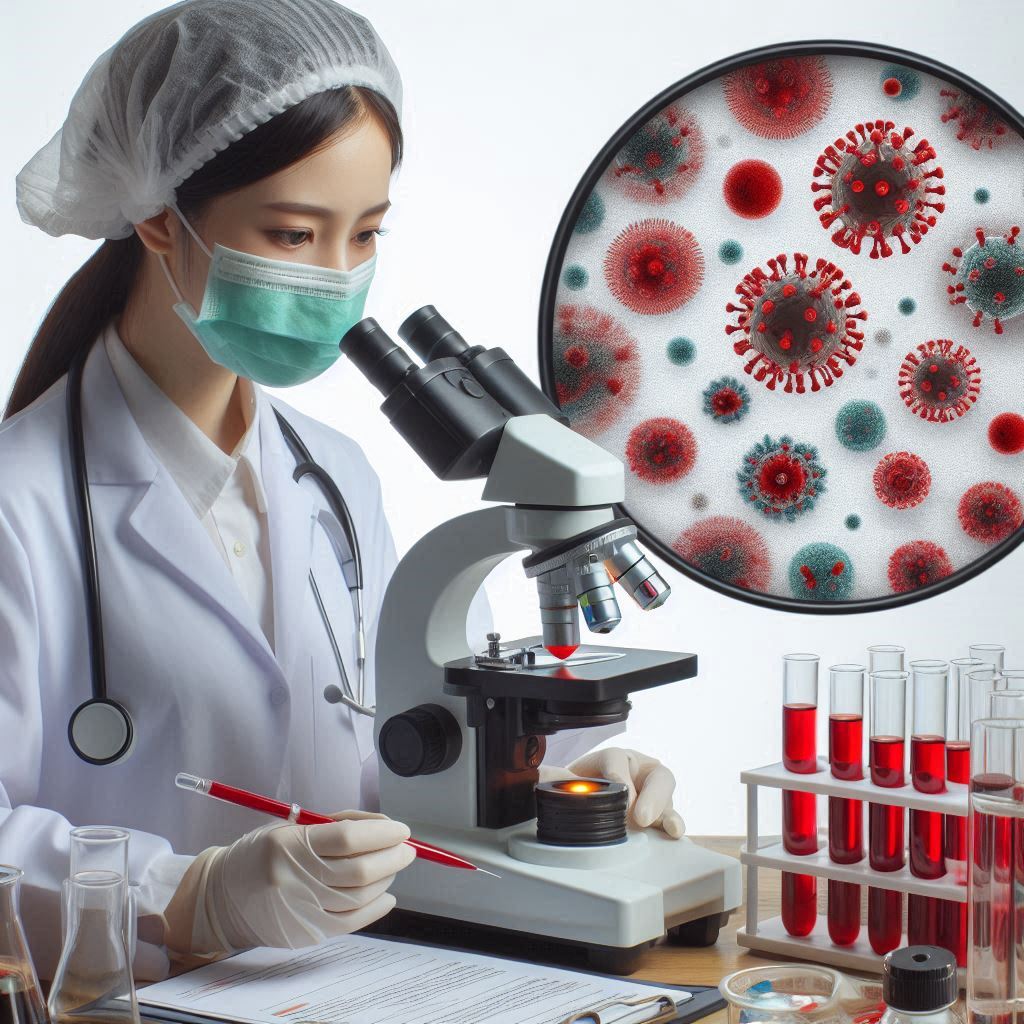
1. What is the Dengue NS1 Antigen Test?
The Dengue NS1 Antigen test is one of the earliest diagnostic tools available to detect dengue fever. It tests for the Non-Structural Protein 1 (NS1) of the dengue virus, which is present in the bloodstream during the first 1 to 9 days of infection. This means it can detect dengue before the body’s immune system produces antibodies, offering an earlier diagnosis than traditional tests like IgM and IgG antibody tests.
Early detection through the NS1 antigen test can prevent severe complications such as dengue hemorrhagic fever, which can lead to internal bleeding and even death.
2. What Does a Positive Dengue NS1 Antigen Mean?
Receiving a Dengue NS1 Antigen positive result indicates that the dengue virus is active in your bloodstream. In simple terms, a positive NS1 Antigen test means that you are currently in the early stages of a dengue infection.
The WHO estimates that 500,000 people develop severe dengue each year, which can lead to hospitalization. Detecting dengue early through an NS1 positive result allows for timely treatment, helping to prevent these severe complications. Immediate medical attention should be sought to monitor symptoms and manage the disease effectively.
3. Where Can I Get Tested? Find a Dengue Test Near Me
If you suspect dengue fever, especially after experiencing common symptoms like high fever, joint pain, headache, nausea, and skin rashes, it’s essential to get tested quickly. Dengue NS1 Antigen tests are available at most hospitals and diagnostic centers.
Many laboratories offering dengue tests near Bhubaneswar now provide home collection services, making it more accessible to get tested without the need to visit a facility. Early diagnosis is crucial for improving outcomes and minimizing the risk of virus transmission.
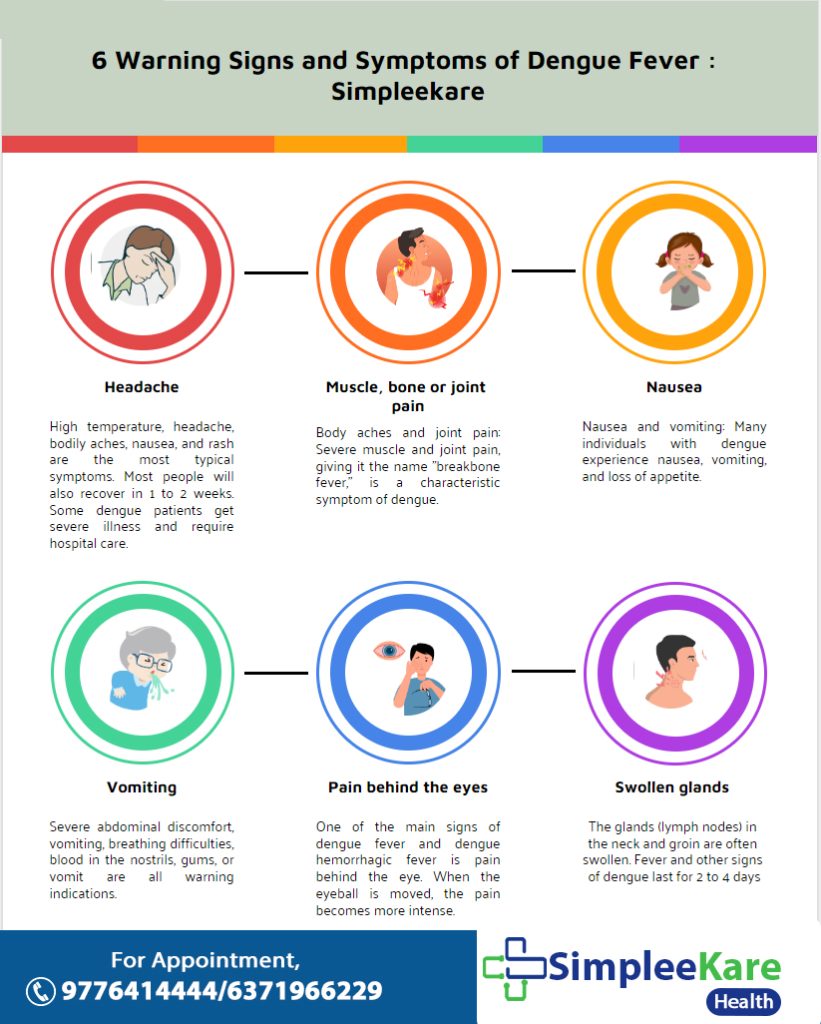
4. What’s Included in a Dengue Profile Test?
The Dengue Profile Test is a comprehensive series of tests used to diagnose and monitor dengue fever. It usually includes the NS1 Antigen test, along with IgM and IgG antibody tests. The NS1 Antigen test is most effective during the early stages, while the antibody tests become useful as the body starts to fight the virus later in the infection.
The NS1 Antigen test detects the presence of the dengue virus, while IgM and IgG tests check for antibodies to gauge whether an infection is recent or has occurred in the past. Together, these tests provide a clearer picture of the disease’s progression, helping doctors develop a more targeted treatment plan.
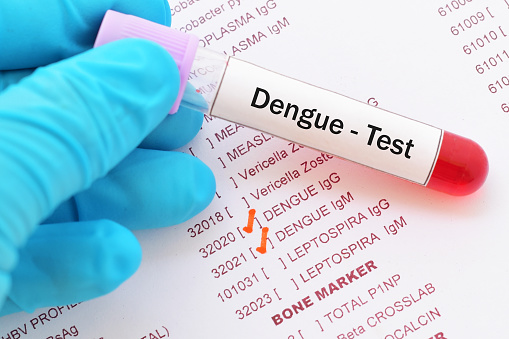
5. Dengue NS1 ELISA Normal Range: What You Should Know
The Dengue NS1 ELISA test is a common method used to detect the NS1 antigen, and it is known for its high sensitivity and accuracy. The normal range for this test is negative, meaning that no dengue virus is detected.
When the test is positive, it indicates that the NS1 protein from the dengue virus is present, and you likely have an active infection. NS1 positive results should prompt immediate medical consultation, as early intervention can significantly improve the outcome of the disease.
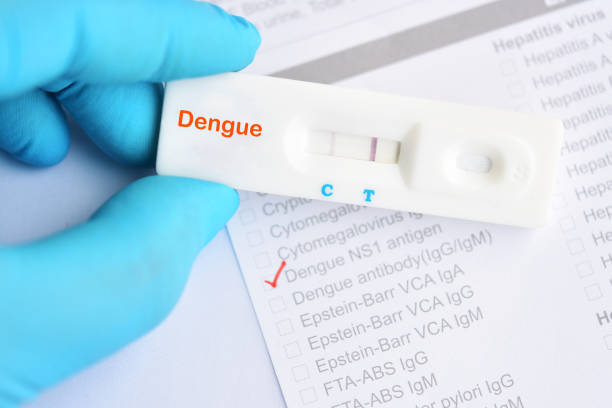
6. Why Early Diagnosis Matters: What NS1 Positive in Dengue Means for You
Early diagnosis with the Dengue NS1 Antigen test allows doctors to begin treatment before the infection progresses to more severe stages. Since dengue has no specific antiviral treatment, Fluid replacement, monitoring platelet levels, and maintaining a proper diet are critical aspects of managing dengue at this stage. The focus is on managing symptoms and preventing complications such as low platelet counts and dehydration.
The Centers for Disease Control and Prevention (CDC) highlights that early supportive care, like hydration, can reduce the risk of severe outcomes and hospitalization. By knowing that your NS1 Antigen test is positive, your doctor can monitor key health markers like platelet levels and ensure you’re getting the care you need before complications arise.
Conclusion
The Dengue NS1 Antigen test is a vital diagnostic tool for early detection of dengue fever. If you’re experiencing symptoms or have been exposed to mosquito bites in dengue-prone areas, consider a dengue profile test at SimpleeKare Health and stay informed about your health.Understanding what a Dengue NS1 Antigen positive result means and how a Dengue Profile Test works can guide you towards effective management of the disease.
Early detection through this test can save lives by allowing timely medical interventions, reducing the risk of severe complications like dengue hemorrhagic fever. Stay informed and act fast—early diagnosis is your best defense against dengue.
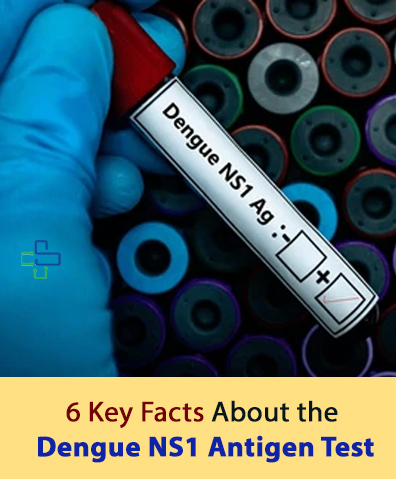
Leave a Reply